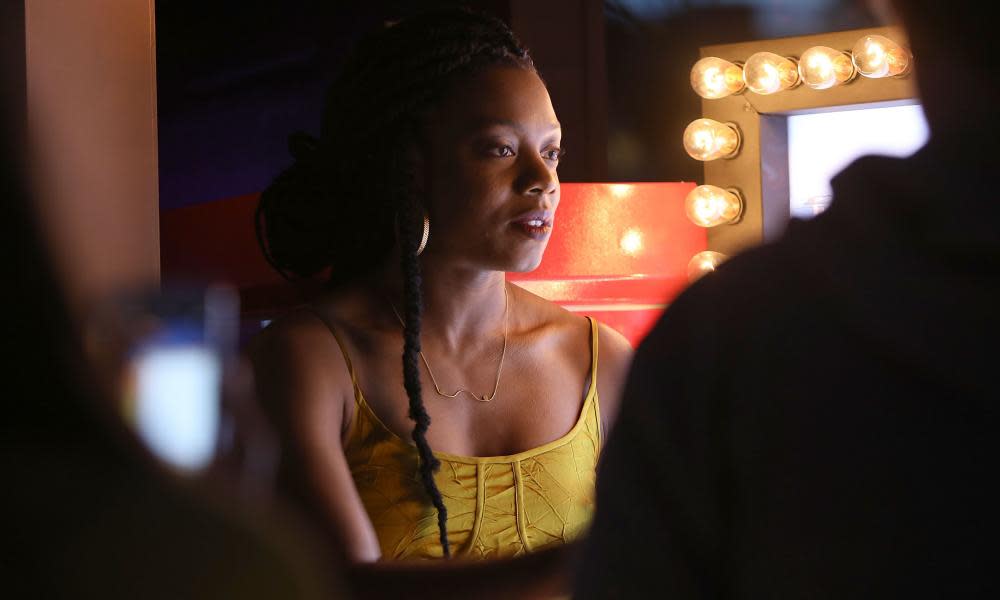Bafta TV awards: women programme makers’ fury at lack of female nominations

The release of the Bafta nominees for the top prizes in British television this weekend has been met with concern and anger by many women working in the industry.
The large number of male names in the line-up of contenders, in particular in the Best Director categories for factual and fiction programmes, has prompted a group of around 100 campaigners, known as We Are Doc Women, to draft a public letter of complaint to be sent out later this week.
It will call for a further push to improve representation in candidates for the prestigious annual awards and for the future prioritising of not just female talent, but BAME film makers.
This is 2020, not 1970. Why is this still an issue not only for women but also for directors from diverse communities?
“We are hugely disappointed, although not at all surprised,” said a spokeswoman for the group this weekend. “This is 2020, not 1970. Why is this still an issue not only for women, but also for directors from diverse communities?”
The group argues it is unfair that for 13 years women directors have not been celebrated as winners in the factual directing category and that the awards system is skewed not just by the judging procedure but by network television pressure on production companies to give work to established or “named” directors.
These high-profile figures, it is claimed, are usually white men. One female programme maker now working on a film cites receiving a preferential list of only 12 male directors to select from.
Across all awards categories this year, aside from those acting categories where being a man or woman is already specified, men make up more than 70% of the nominees. And 67% of nominees are white men. Only around 3% are BAME men and even fewer are BAME women.
The statistics in factual categories are worse, the campaign group argues. Only one BAME women was nominated and more than 70% of the candidates for prizes are white men.
This contrasts with data from the last national census, carried out in 2011, which suggests the British population is approximately 44% white female and 6% BAME female. Of special concern to the group of women who oppose the composition of this year’s line-up is the fact that in eight categories only men are in contention.
These include prizes for entertainment programmes, factual directors, fiction directors, factual editors and sport. The only award that will definitely go to a woman, as there are no male nominees, is in costume design. The campaign group acknowledges that Bafta is merely reflecting a wider problem in the industry and is not responsible for creating the bias.
A spokesperson for Bafta said: “While we can see progress in many areas of the television award nominations, there are others where significantly more is required. The awards review we announced earlier this year will scrutinise this. We have also been piloting diversity standards for the television awards this year, with a view to formal implementation from 2021 onwards.”
Last month the academy announced that its mentoring scheme, run with the British Film Institute, is to return for a second year with the support of National Lottery funding.
This partnership allows 16 emerging filmmakers from under-represented groups to be paired with a senior figure from film and television, with mentors including Succession and Veep director Becky Martin; Sarah Asante, commissioning editor for BBC Comedy, and American writer and director Nia DaCosta. The 16 then receive “bespoke support, advice and guidance”.
These mentoring relationships are part of the BFI Network x Bafta Crew programme of events and networking opportunities for emerging talent that runs all year and currently supports 800 individuals. New applications for BFI Network x Bafta Crew 2021 and the mentoring programme open later this year.

 Yahoo News
Yahoo News 
